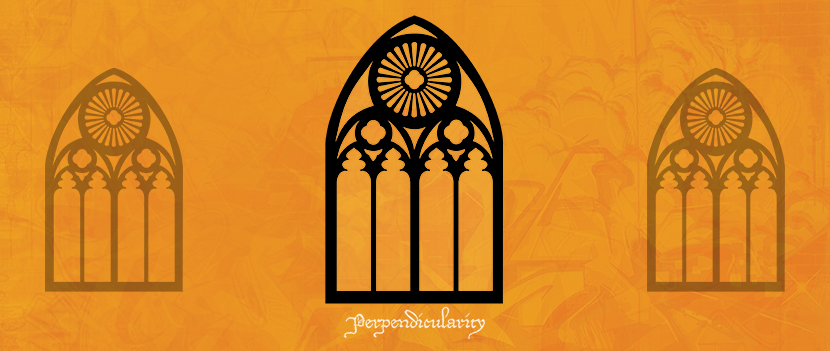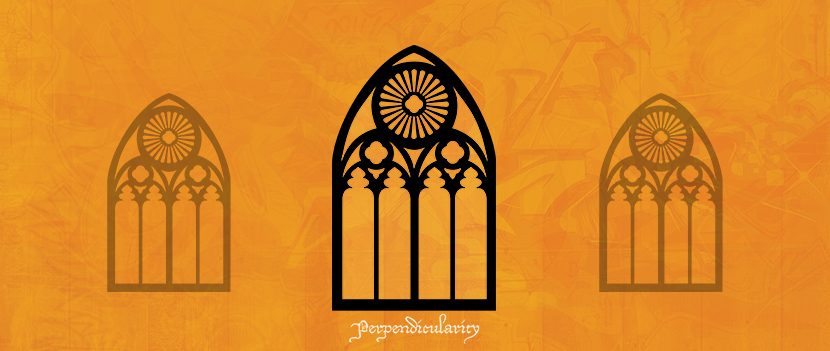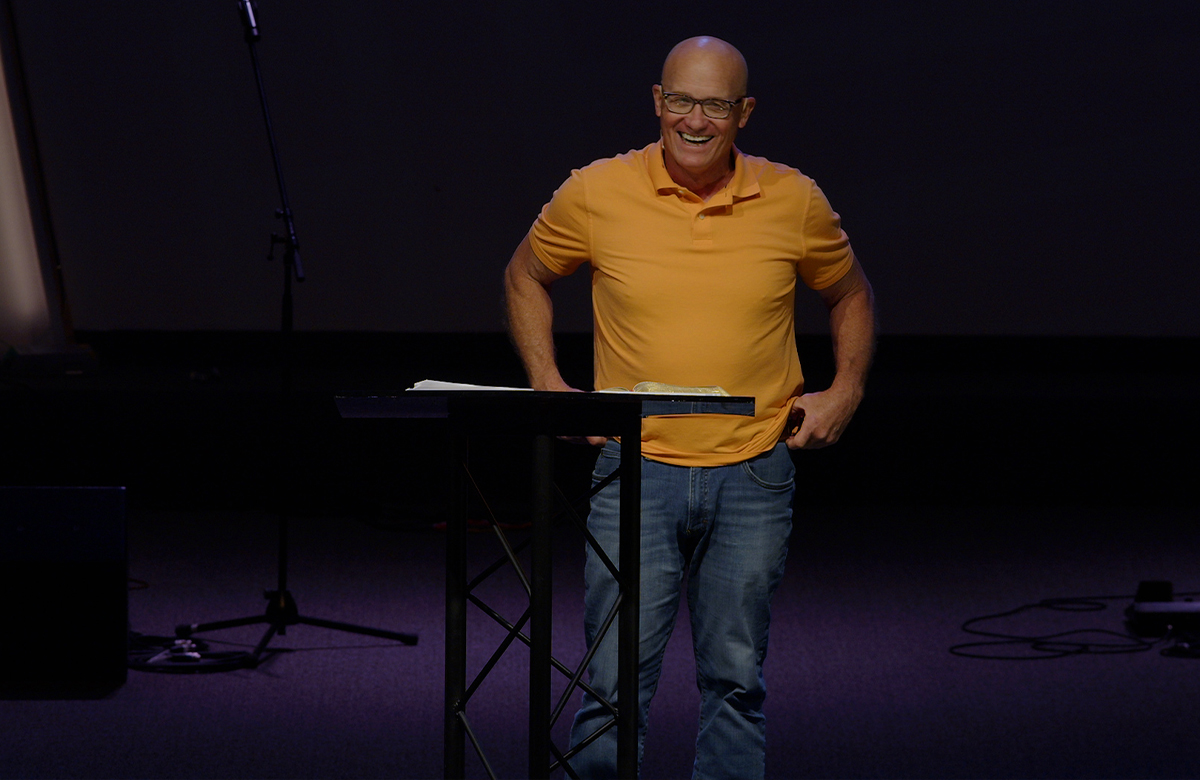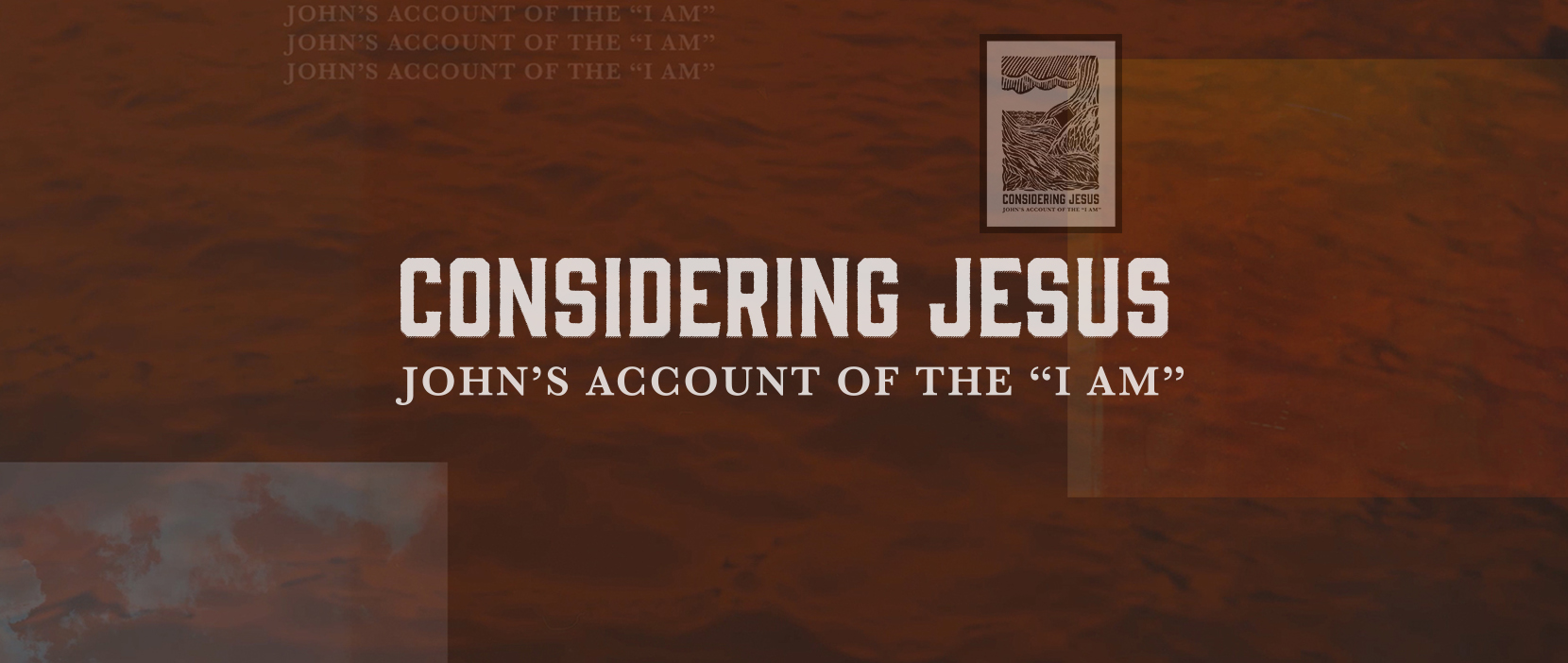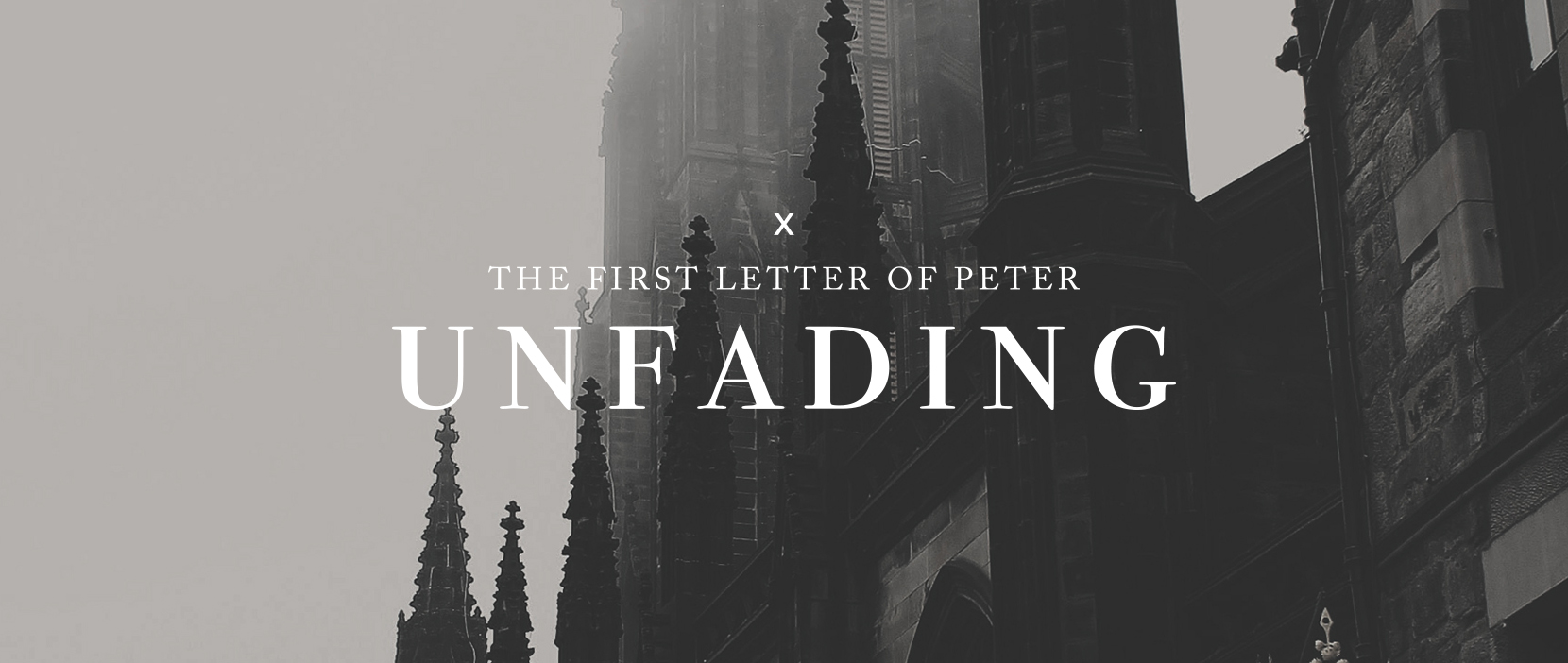08.16.15 | Perpendicularity
Paul Accused
Steve Sommerlot
Pastor Steve Sommerlot teaches on God’s divine providence protecting Apostle Paul as he avoids being brutally punished and even killed while spreading the Gospel of Christ.
Acts 22:30-23:35
- Live Notes
Some Jewish people from Ephesus accused Apostle Paul of brining Gentiles into the Temple and this creates a riot.
Then all the city was stirred up, and the people ran together. They seized Paul and dragged him out of the temple, and at once the gates were shut. And as they were seeking to kill him… (Acts 21:30)
So those who were about to examine him withdrew from him immediately, and the tribune also was afraid, for he realized that Paul was a Roman citizen and that he had bound him. But on the next day, desiring to know the real reason why he was being accused by the Jews, he unbound him and commanded the chief priests and all the council to meet, and he brought Paul down and set him before them. (Acts 22:29-30)
And the high priest Ananias commanded those who stood by him to strike him on the mouth. (Acts 23:2)
Then Paul said to him, “God is going to strike you, you whitewashed wall! Are you sitting to judge me according to the law, and yet contrary to the law you order me to be struck?” (Acts 23:3)
Those who stood by said, “Would you revile God’s high priest?” And Paul said, “I did not know, brothers, that he was the high priest, for it is written, ‘You shall not speak evil of a ruler of your people.’” (Acts 23:4-5)
With an ingenious plan, Apostle Paul manages to divide the Sadducees and Pharisees.
Now when Paul perceived that one part were Sadducees and the other Pharisees, he cried out in the council, “Brothers, I am a Pharisee, a son of Pharisees. It is with respect to the hope and the resurrection of the dead that I am on trial.” And when he had said this, a dissension arose between the Pharisees and the Sadducees, and the assembly was divided. For the Sadducees say that there is no resurrection, nor angel, nor spirit, but the Pharisees acknowledge them all. (Acts 23:6-8)
Then a great clamor arose, and some of the scribes of the Pharisees’ party stood up and contended sharply, “We find nothing wrong in this man. What if a spirit or an angel spoke to him?” And when the dissension became violent, the tribune, afraid that Paul would be torn to pieces by them, commanded the soldiers to go down and take him away from among them by force and bring him into the barracks. (Acts 23:9-10)
Apostle Paul manages to survive and the LORD comes to encourage him.
The following night the Lord stood by him and said, “Take courage, for as you have testified to the facts about me in Jerusalem, so you must testify also in Rome.” (Acts 23:11)
When it was day, the Jews made a plot and bound themselves by an oath neither to eat nor drink till they had killed Paul. There were more than forty who made this conspiracy. They went to the chief priests and elders and said, “We have strictly bound ourselves by an oath to taste no food till we have killed Paul. Now therefore you, along with the council, give notice to the tribune to bring him down to you, as though you were going to determine his case more exactly. And we are ready to kill him before he comes near.” (Acts 23:12-15)
Through God’s providence, Apostle Paul is kept safe from any danger and even death itself.
Now the son of Paul’s sister heard of their ambush, so he went and entered the barracks and told Paul. (Acts 23:16)
Paul called one of the centurions and said, “Take this young man to the tribune, for he has something to tell him.” So he took him and brought him to the tribune and said, “Paul the prisoner called me and asked me to bring this young man to you, as he has something to say to you.” The tribune took him by the hand, and going aside asked him privately, “What is it that you have to tell me?” And he said, “The Jews have agreed to ask you to bring Paul down to the council tomorrow, as though they were going to inquire somewhat more closely about him. But do not be persuaded by them, for more than forty of their men are lying in ambush for him, who have bound themselves by an oath neither to eat nor drink till they have killed him. And now they are ready, waiting for your consent.” So the tribune dismissed the young man, charging him, “Tell no one that you have informed me of these things.” Then he called two of the centurions and said, “Get ready two hundred soldiers, with seventy horsemen and two hundred spearmen to go as far as Caesarea at the third hour of the night. Also provide mounts for Paul to ride and bring him safely to Felix the governor.” (Acts 23:17-24)
“Claudius Lysias, to his Excellency the governor Felix, greetings. This man was seized by the Jews and was about to be killed by them when I came upon them with the soldiers and rescued him, having learned that he was a Roman citizen. (Acts 23:26-27)
And desiring to know the charge for which they were accusing him, I brought him down to their council. I found that he was being accused about questions of their law, but charged with nothing deserving death or imprisonment. And when it was disclosed to me that there would be a plot against the man, I sent him to you at once, ordering his accusers also to state before you what they have against him.” So the soldiers, according to their instructions, took Paul and brought him by night to Antipatris. And on the next day they returned to the barracks, letting the horsemen go on with him. When they had come to Caesarea and delivered the letter to the governor, they presented Paul also before him. On reading the letter, he asked what province he was from. And when he learned that he was from Cilicia, he said, “I will give you a hearing when your accusers arrive.” And he commanded him to be guarded in Herod’s praetorium. (Acts 23:28-35)
Providence is God’s working in the universe in such a way that all its events fulfill his exact plan for it.
– Millard Erickson
God’s providence involves human history and the destiny of nations
He changes times and seasons; he removes kings and sets up kings. (Daniel 2:21)
God is sovereign in the circumstances of individual persons.
But I trust in you, O Lord, I say, ‘You are my God’. My times are in your hand; rescue me from the hand of my enemies and my persecutors! (Psalm 31:14-15)
And he made from one man every nation of mankind to live on the all the face of the earth, having determined allotted periods and the boundaries of their dwelling place, that they should seek God, and in the hope that they might feel their way toward him and find him. (Acts 17:26-27)
God uses the sinful actions of humans in his providential working to bring about his will.
This Jesus, delivered up according to the definite plan of foreknowledge of God, you crucified and killed by the hands of lawless men. (Acts 2:23)
The divine providence that God holds proves that God is God in this world and in our lives.
- More From This Series
- More From This Speaker

























